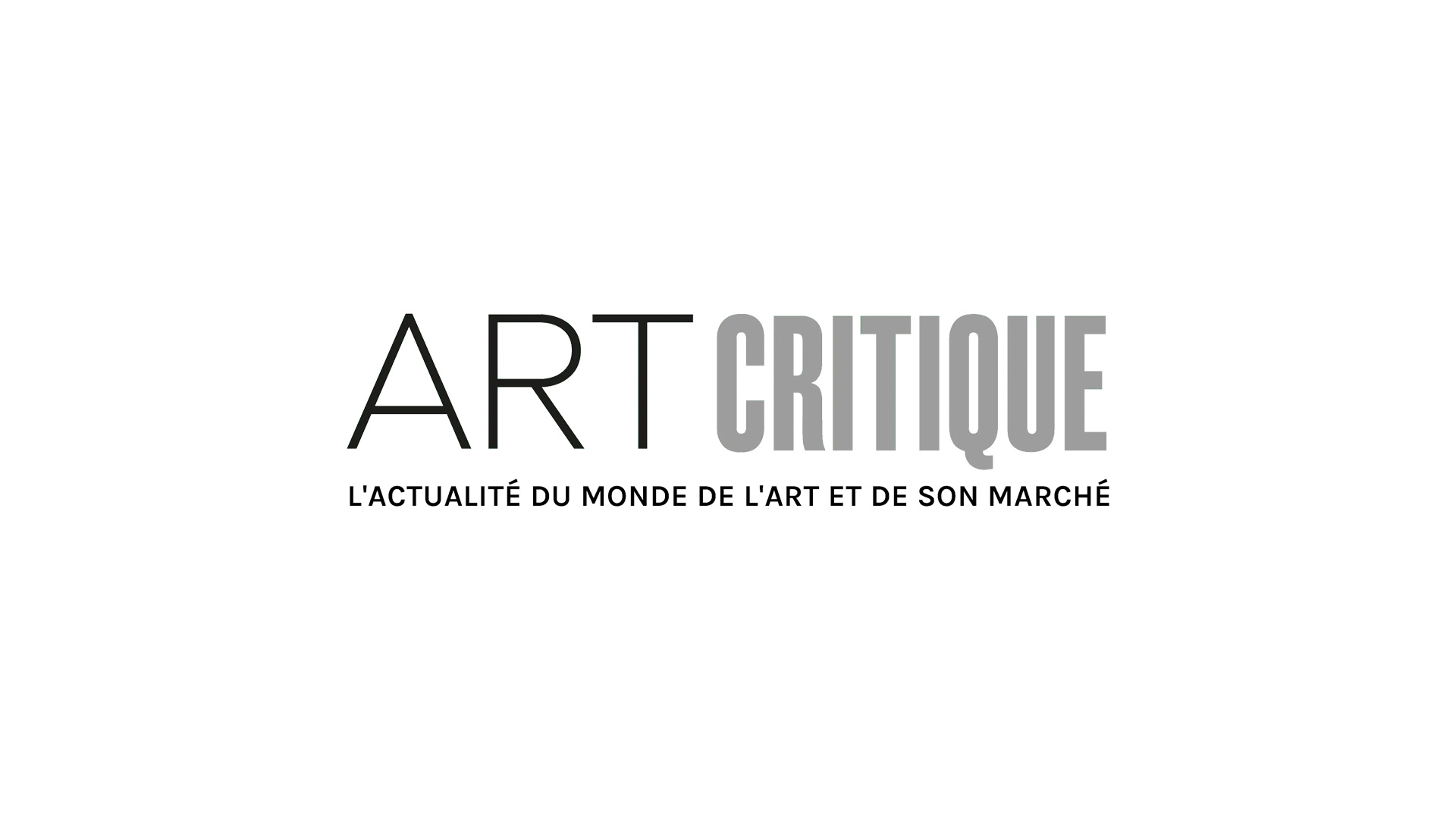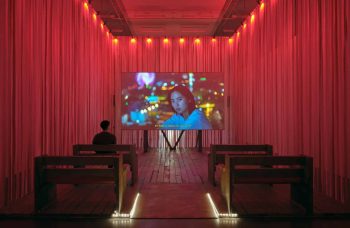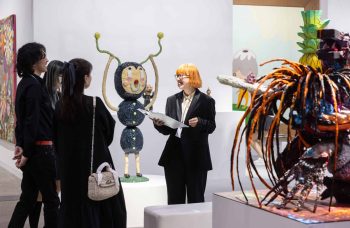How does a post-capitalist society cope with trauma?
An exhibition that opened last Friday is giving a pessimistic, almost drab answer to that question in Santiago. Jorge Brantmayer, Victor Castillo, Catalina Gonazalez, Angie Saiz, and Joaquin Segura collaborated to present Postrauma – an in-depth artistic study of the post-traumatic state in the post-capitalist fabric.
Angie Saiz, also acting as the curator for the exhibition, said of the exhibition that “Media hyper-exposure and the degradation of traditional pillars in society are just some symptoms of the strategies being used to survive [in the modern context].”
The diverse list of works serves to make a strong argument that is sadly but poignantly lacking in any hopefulness. It’s that as a result of trauma, we create almost automatic lives for ourselves to evade confronting demons head-on.
Overt social distrust is tackled by Segura’s embroidery work. He appears to have Chile’s traumatic experience under Pinochet in mind as he investigates political plots of concealment and the position of the informant, with references to official documents and censored military interrogation manuals.
Brantmayer’s photography questions the autobiographical image in a time of hyper-exposure via social media with a self-portrait. He goes further, with a single photo presenting the body in its aesthetic form – but one that has already become purely an object. In doing so, he sucks the humanity out of the body and replaces it with something artificial. Its a sharp commentary on the fact that so many of us, as individuals, have become more corporation than individual through our self-promotion and exposure online.
Gonzalez shows us shattered, polarized glass pouring out towards us on a cracked surface. The work is arguably considering what it means to shatter under heightened exposure while already sitting on a cracking surface. The fragility of the post-capitalist society is on full display here.
Victor Castillo takes on consumerism with some darker humour. His mural’s characters are painted in a cartoon style that conjures up a satirical and sarcastic view on modern consumerism.
Ultimately, the exhibition is asking some detailed and important questions about the realities of post-trauma – whether individual or collective traumas. However, the artists also kick around some of the scarier themes that are all part of modern life – with the modern individual’s risk of losing their own humanity being forefront.
Chile’s Sala Gasco Contemporary Art will host the artists’ works until February 21st.





